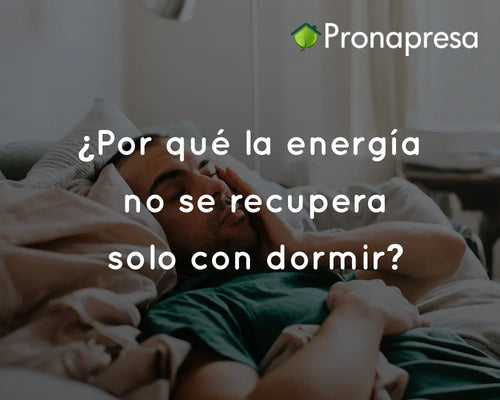
1. Meet the body's caloric or energy needs
Individual energy needs depend on body composition, age, sex and level of physical activity. It is the only factor on which we can influence to modify our energy expenditure.
2. You must have these necessary nutritional requirements:
- Protein: 12-15%
- Carbohydrates: 55-60%
- Lipids: 30%
It is very important not to skip any meals and to distribute the energy and food ingested at each meal appropriately. The daily distribution should be:
- 25% breakfast (upon waking up and mid-morning)
- 35% on food
- 15% on snack
- 25% on dinner
- Essential amino acids:
- Amino acid precursors of dopamine (phenylalanine and tyrosine): dopamine is a neurotransmitter related to the body's level of alertness, some cognitive functions (such as memory) and also with mood. Some foods rich in phenylalanine are: eggs, meat, milk and dairy products, oily fish, legumes, nuts, cocoa. Those that provide us with tyrosine are those that have high amounts of protein, such as meat (poultry, beef and pork), eggs, cheese and legumes.
- Vitamins: all of group B influence the functioning of the brain and nervous system. The deficiency states of this group can cause irritability, mental confusion, lack of concentration and memory. In the most severe cases, even lethargy and depression. Some foods rich in B vitamins are: whole grains, legumes, eggs, fish, milk, beef and pork.
- Minerals: involved in the synthesis of serotonin and other neurotransmitters. For example, iron deficiencies can affect the ability to concentrate, pay attention and remember, and decrease cognitive performance. Sometimes, apathy and lack of energy can be due to anemia due to lack of iron (iron deficiency anemia). Some foods rich in iron are: seafood, spinach, liver meat and other organs, legumes, red meat, quinoa, tofu.
- Omega-3 fatty acids: Recent studies have found an inverse relationship between the levels of this type of lipid and mood. Some foods rich in Omega-3 are: olive oil, seeds, nuts, seafood, avocado, green leafy vegetables.





















































